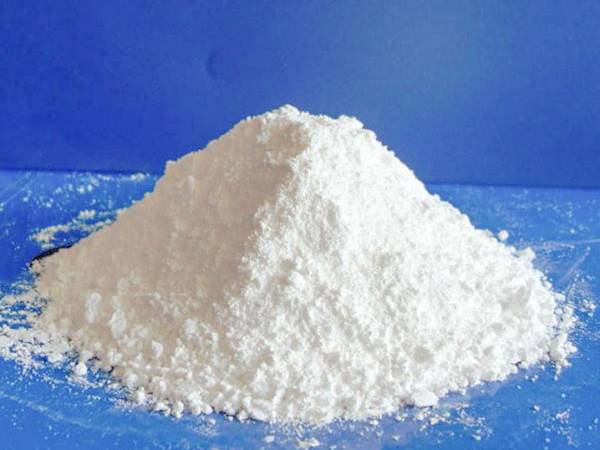



technical sodium chlorite
Technical Sodium Chlorite An Overview
Sodium chlorite, with the chemical formula NaClO₂, is a versatile and highly effective chemical compound that has garnered substantial attention across various industries due to its oxidizing properties. Primarily known for its application in disinfection, water treatment, and bleaching, sodium chlorite has become an essential component in maintaining hygiene and safety in numerous environments. This article aims to explore the properties, applications, and safety considerations of technical sodium chlorite.
Properties of Sodium Chlorite
Sodium chlorite appears as a white or yellowish solid that is often available in powder or aqueous solution form. It is a stable compound under normal conditions; however, it can decompose when subjected to heat, strong acids, or reductive agents, releasing chlorine dioxide gas (ClO₂) — a potent oxidizing agent. This property makes sodium chlorite particularly valuable for disinfection and sanitation processes, as it generates chlorine dioxide when activated.
The solubility of sodium chlorite in water is notable, which facilitates its integration into various liquid formulations for applications such as industrial cleaning agents, wastewater treatment, and food sanitation. The compound has a relatively high pH when dissolved in water, which can enhance its efficacy as a disinfectant, particularly against a broad spectrum of pathogens, including bacteria, viruses, and fungi.
Applications of Sodium Chlorite
1. Water Treatment Sodium chlorite is widely used in the municipal water treatment process. It serves as a precursor to chlorine dioxide, which aids in the removal of taste and odor from water, as well as the reduction of organic compounds that can lead to harmful byproducts. Its use ensures the delivery of safe drinking water to communities, aligning with public health standards.
2. Disinfection and Sanitization The powerful biocidal properties of sodium chlorite make it an effective disinfectant in healthcare settings, food processing industries, and households. It can be utilized on surfaces, tools, and equipment to eliminate microbial threats, thereby reducing the risk of infection and contamination.
technical sodium chlorite

3. Bleaching Agent In the pulp and paper industry, sodium chlorite is employed as a bleaching agent. It allows for the production of high-quality, bright paper products without the introduction of harmful chemicals typically associated with traditional bleaching methods, thus promoting more sustainable processes.
4. Textile Industry Sodium chlorite is also utilized in the textile industry for bleaching fabrics. It offers the advantage of controlling the bleaching process more precisely and with fewer harmful side effects than other chemical alternatives.
5. Food Industry Food safety is a critical concern, and sodium chlorite plays a role in sanitizing food-contact surfaces and poultry processing, ensuring that pathogens are effectively eradicated during food preparation.
Safety Considerations
Despite its numerous applications and benefits, safety considerations surrounding sodium chlorite cannot be overlooked. The compound is classified as hazardous, and appropriate handling and storage procedures are necessary to minimize risks. Exposure can lead to irritation of the skin, eyes, and respiratory tract, and ingestion can result in more severe health consequences. Therefore, protective equipment should be used during handling, and users must be trained to understand the properties of sodium chlorite to mitigate any associated risks.
Furthermore, the production and application of sodium chlorite should be conducted according to strict regulatory guidelines to prevent environmental contamination. Proper disposal methods must be employed to reduce the risk of chemical reactions that may produce toxic byproducts.
Conclusion
In summary, technical sodium chlorite is a critical compound that serves diverse and essential roles across various industries, particularly in disinfection, water treatment, and bleaching applications. While it holds significant advantages, understanding its properties and the associated safety measures is vital for ensuring its effective and responsible use. As industries continue to prioritize safety and environmental considerations, the role of sodium chlorite is likely to evolve, underscoring the importance of continued research and development in this field.
-
Why Sodium Persulfate Is Everywhere NowNewsJul.07,2025
-
Why Polyacrylamide Is in High DemandNewsJul.07,2025
-
Understanding Paint Chemicals and Their ApplicationsNewsJul.07,2025
-
Smart Use Of Mining ChemicalsNewsJul.07,2025
-
Practical Uses of Potassium MonopersulfateNewsJul.07,2025
-
Agrochemicals In Real FarmingNewsJul.07,2025
-
Sodium Chlorite Hot UsesNewsJul.01,2025










